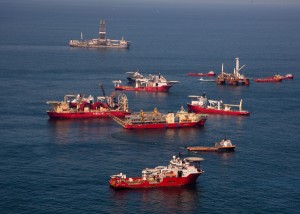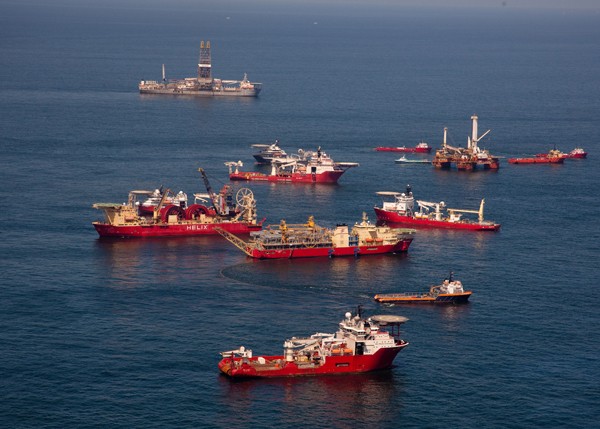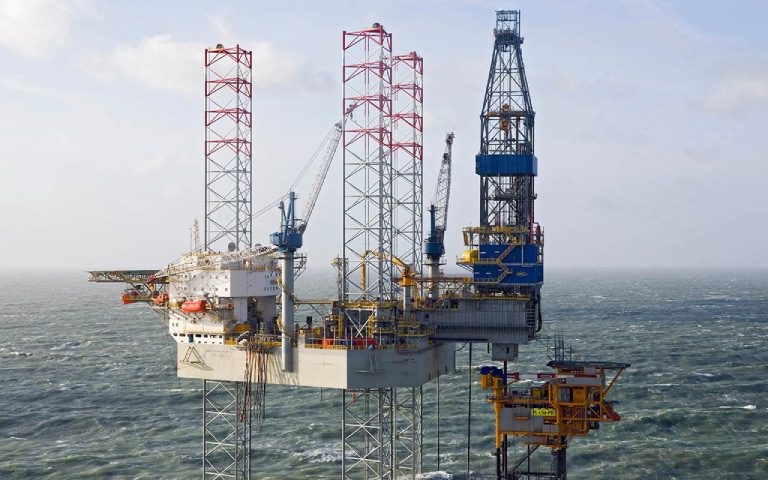 On Tuesday, March 29, the Bureau of Ocean Energy Management, Regulation and Enforcement (BOEMRE) issued several refinements to deepwater drilling rules and subsea well containment procedures.
On Tuesday, March 29, the Bureau of Ocean Energy Management, Regulation and Enforcement (BOEMRE) issued several refinements to deepwater drilling rules and subsea well containment procedures.
In response to concerns from operating companies, the BOEMRE has addressed contradictions in permitting requirements that arose from adopting the American Petroleum Institute’s (API) guidelines for well design. Spill containment requirements were categorized into three types, with distinct response requirements for each. Most importantly, the calculated discharge rate for a particular well will be based on the “cap and flow” capacity of the spill containment solution, rather than the total maximum discharge rate for an open hole.
“The BOEMRE has provided valuable clarification on how drilling permit applications are evaluated for spill response preparedness,” said Owen Kratz, CEO of Helix Energy Solutions Group. “This mutual exchange of information and technology between regulators and industry allows Helix to further tailor its response capabilities specifically for deepwater and exploratory wells. Using the well integrity and collection capability criteria provided, operators can give the BOEMRE the background it needs to continue issuing drilling permits with confidence.”
Photo courtesy Helix

 Join The Club
Join The Club












